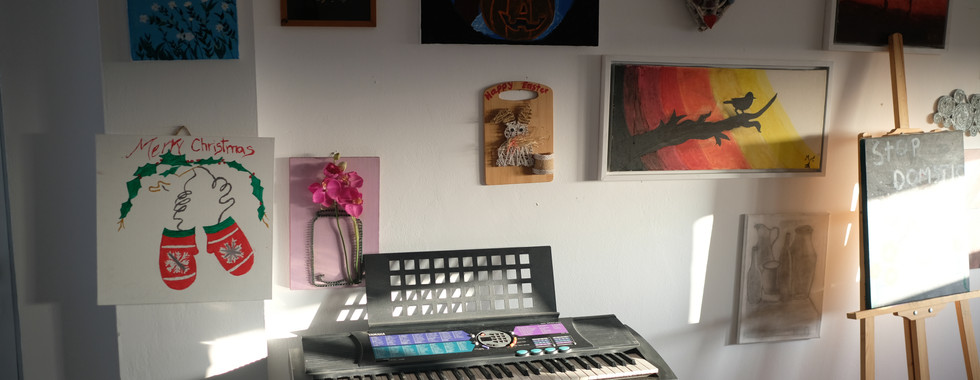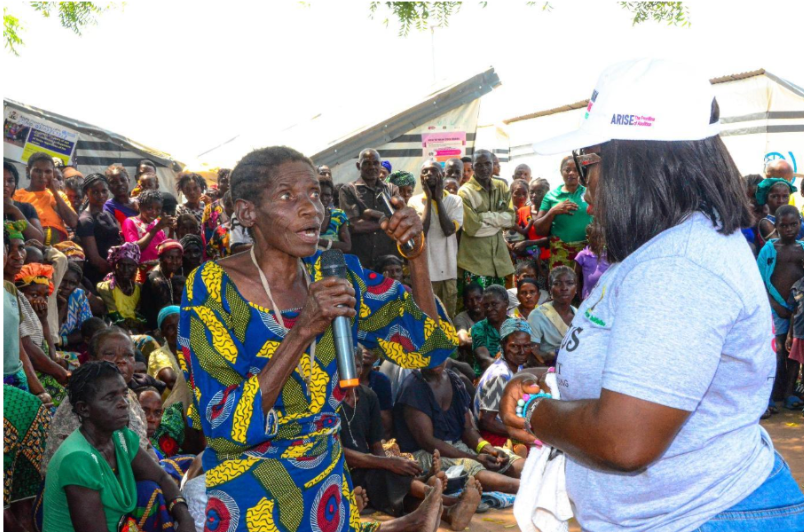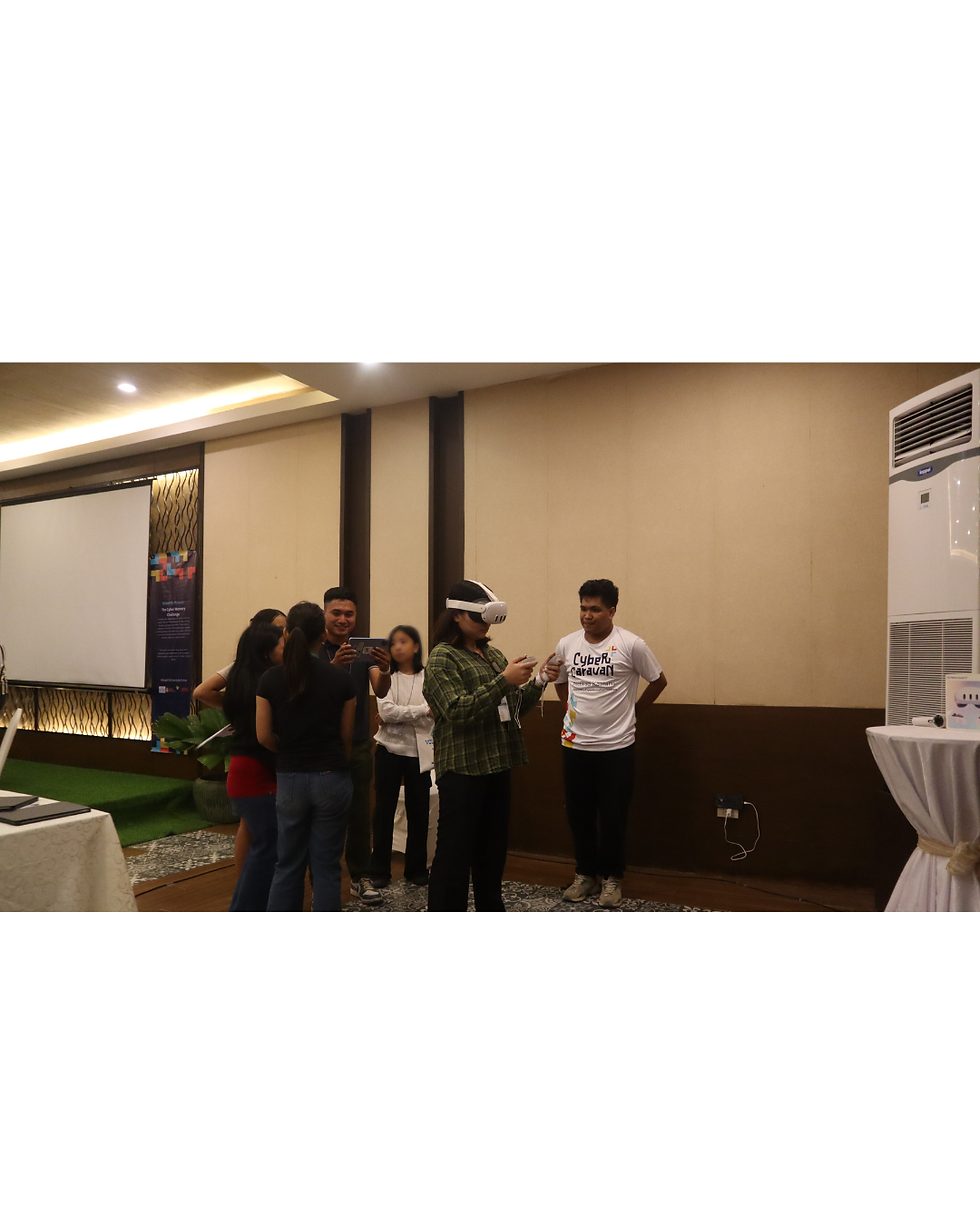Youth Exploitation in Albania
- Dec 2, 2023
- 3 min read
Updated: Jan 10, 2024
The 2nd of December is the UN's International Day for the Abolition of Slavery, and Arise is spotlighting current exploitation risks for Albania's youth. URAT, the United Response Against Trafficking, is the network of frontline anti-trafficking groups working across Albania. Arise works with URAT network members, and Arise's Albania office is the network's secretariat.
Young Albanians are vulnerable to human trafficking, with complex, powerful organised crime groups able to exploit a lack of economic opportunities. Recent historical tumult has meant high levels of irregular migration, leaving many Albanian migrants without formal protections and at high risk. Albanians have been subject to criminal exploitation and debt entrapment in the UK as a result of these processes.
The URAT network works to prevent exploitation taking place, and supports survivors re-integrating into their communities. Throughout the facilities of respective URAT network members, artistic expression is encouraged, and works are always on display.
Anti-trafficking art across the URAT frontline
URAT's latest joint statement references real-life examples of abuse and exploitation, and discusses prevention strategies. Arise is extremely proud to work closely with every member of the URAT network.
URAT Statement (all names changed)
'Emanuel, a 12-year-old child, wanders every day on the streets of Elbasan accompanied by younger brothers and sisters to beg and meet the daily quota of money requested by his "relatives", who observe the children from afar.
Andia, a 14-year-old girl from Tirana with many dreams and love for life, one day found herself away from home with her "boyfriend" because her father systematically abused her and her mother. To support herself and her "boyfriend" she had to start working in nightclubs as a waitress, but she found herself repeatedly sexually exploited.
Genti, a 15-year-old boy from Durres, a drug user and seller since the age of 11, involved and exploited by a network of drug dealers and thieves, today is trying with the help of his family and the centre where he is being assisted, to be cured and reintegrated with his peers.
These pieces of history and hundreds of other untold stories show us that Albania has been significantly affected by human trafficking and remains primarily a source country for human trafficking. Of the victims of trafficking outside the European Union (EU) identified in the EU, Albanians are the second largest group (after Nigerians) according to the UNICEF report. Among these victims, there is a high percentage of children and young people.
According to the statistics of the National Coalition of Anti-Trafficking Shelters KKSAT, 78 of the victims or 66% of the new cases entered into the program during 2022 were minors, while 34 were adults.
In Albania, and everywhere in the world, traffickers take advantage of the personal vulnerability of the children they exploit. This personal vulnerability of children can be further exacerbated by the vulnerability associated with the child's situation and circumstances.
In order to prevent this phenomenon in Albania, mobile units have been set up by KKSAT and operate in 9 regions of Albania for the identification and referral of potential victims and victims of human trafficking.
In this situation, there is a greater need for institutional cooperation at the local level and proactive responses in the identification and referral of cases of exploited children. We need more education and community awareness for an immediate response to any form of child exploitation.
Children deserve to live their lives with dignity and care and we must all support every effort to ensure this.'
Arise is looking forward to continuing to work in partnership across Albania. To read more, you can find URAT's annual report here, and another statement here.















